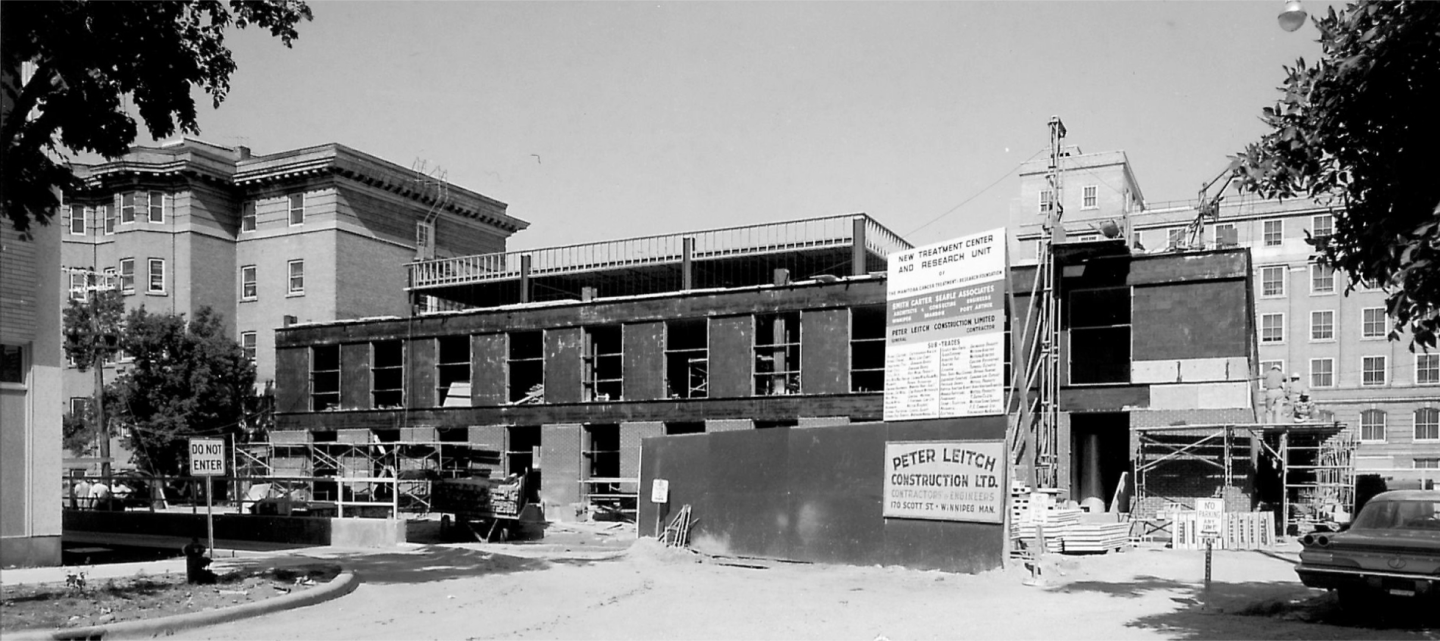A storied history and a future of innovation
CancerCare Manitoba has been advancing care and improving outcomes through scientific discovery for nine decades. Today’s cancer research builds on the foundation established as early as 1937 and will serve as the foundation for tomorrow’s innovations. With this in mind, it’s important that we recognize and celebrate the contributions our researchers have made throughout our history and the standard of excellence they set for our organization.

The Manitoba Cancer Relief and Research Institute was founded
When Manitoba’s cancer services establishment was created 90 years ago, it was named the Manitoba Cancer Relief and Research Institute. This was the first of its kind in the country. As early as the 1930s, research was at the forefront of the establishment, such that it was included in our name. The goal was to bring life-saving innovation from research labs into the homes and hearts of Manitobans. To further enhance research efforts, the Central Cancer Registry was established in 1937 and is still the source of ongoing significant national and international research.
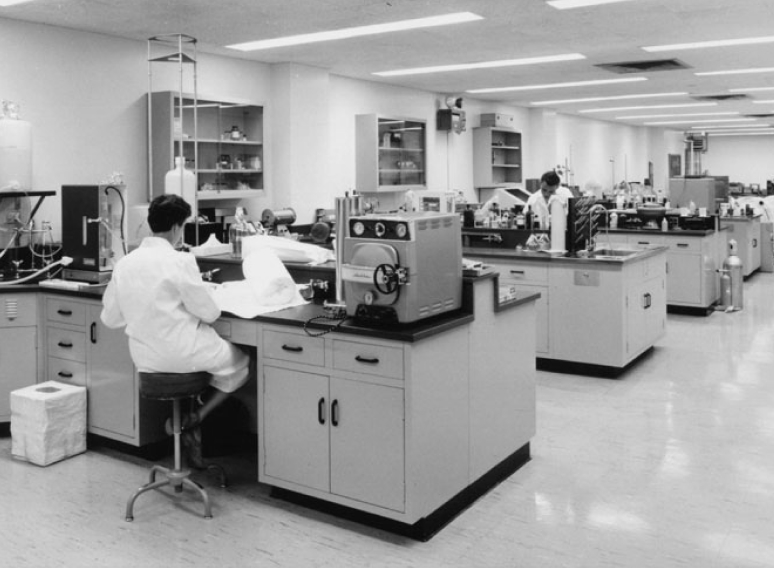

The Government of Manitoba legislated and expanded support for the province’s cancer services establishment
This establishment was legislated by the government of Manitoba and was given the name Manitoba Cancer Treatment and Research Foundation (MCTRF), succeeding the Cancer Relief and Research Institute. This was a milestone for cancer research in Manitoba, as the government recognized the significance of research in the treatment of cancer while acknowledging the need for external funding and philanthropy to support the work. Manitobans have continued to generously support research at CancerCare Manitoba.
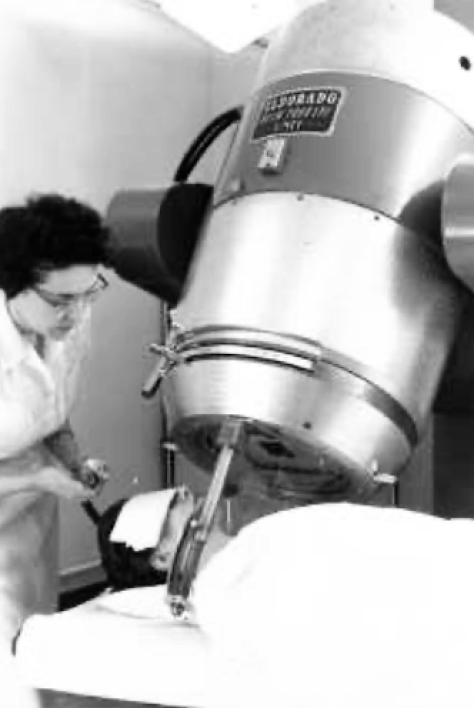

CancerCare Manitoba first partnered with the University of Manitoba, attracting national funding and enhancing its research capabilities
The Manitoba Institute of Cell Biology (MICB) was formed to elevate and give significant attention to cancer and blood disorder research, and was physically located within MCTRF. Created by CancerCare Manitoba’s innovative leader, Dr. Lyonel G. Israels, the humble beginnings of the institute brought together just five researchers, whose primary work until then had been hematology, with only $19,000 in operating grants. These researchers faced the task of studying cells at the molecular level with the hope of improving outcomes for patients suffering from both blood disorders and cancers.
The MICB was governed jointly by MCTRF and the University of Manitoba. This provided us with a close partnership with the University, increased our profile, and enhanced our ability to attract external national funding sources. For the first time, basic and translational laboratory research in cancer and blood disorders was under the joint purview of the Manitoba Cancer Treatment and Research Foundation and the University of Manitoba.
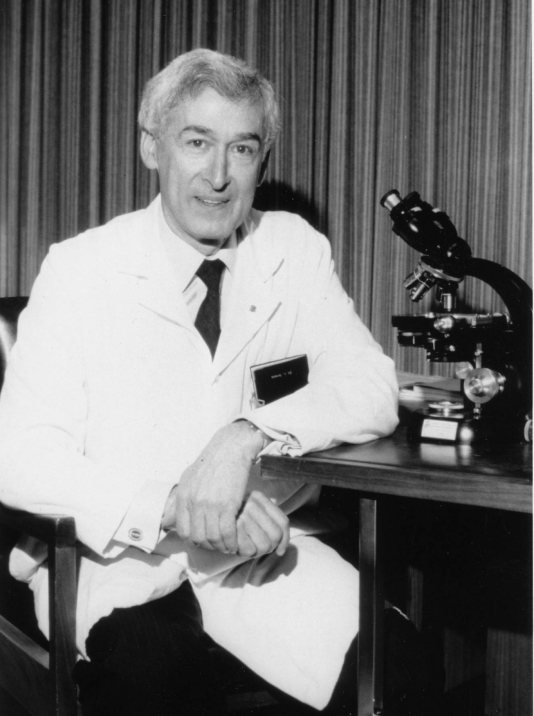
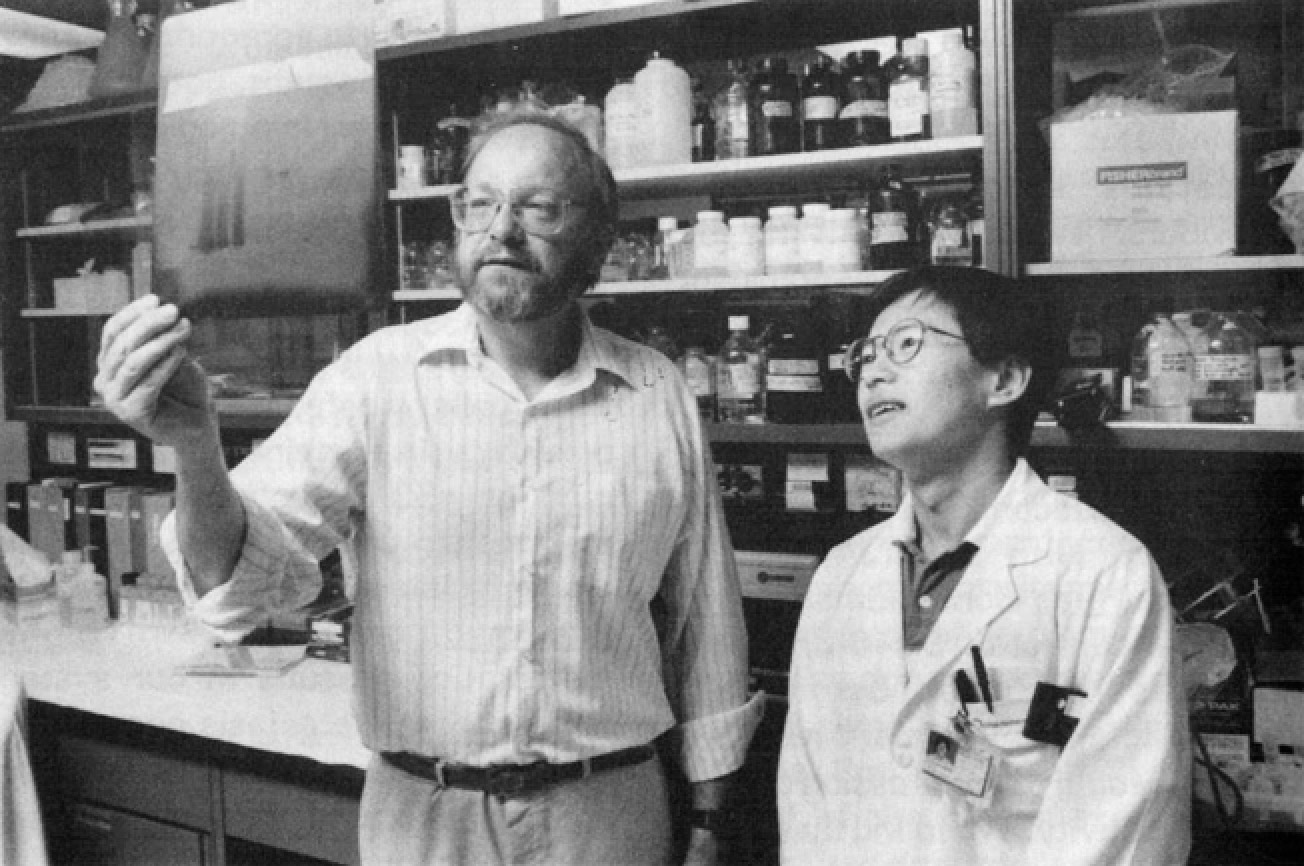

CancerCare Manitoba created new efficiencies for researchers by building a new facility
The Foundation was separated for operational purposes and the MCTRF went through a name change to CancerCare Manitoba (CCMB) and CancerCare Manitoba Foundation (CCMF). The MICB continued as a joint institute of CCMB and the University of Manitoba. A new CCMB patient care facility was built, and, through the significant generosity of donors, two floors were built to house cell biology research laboratories. This further advanced research during this time by focusing and centralizing core researchers, competencies, and equipment.
Cancer research has evolved nationally and internationally over the years. Research has expanded to encompass basic and translational, clinical, health services, clinical trials, and population (patient experience) research. Cancer research now looks not only at the cell level of cancer but at the entire patient journey, from diagnosis to end-of-life. This was reflected in Manitoba as well.
While the MICB laboratories were focusing on cell biology research, other areas of research were occurring elsewhere in CCMB, primarily in the Clinical departments, Epidemiology and Medical Physics.
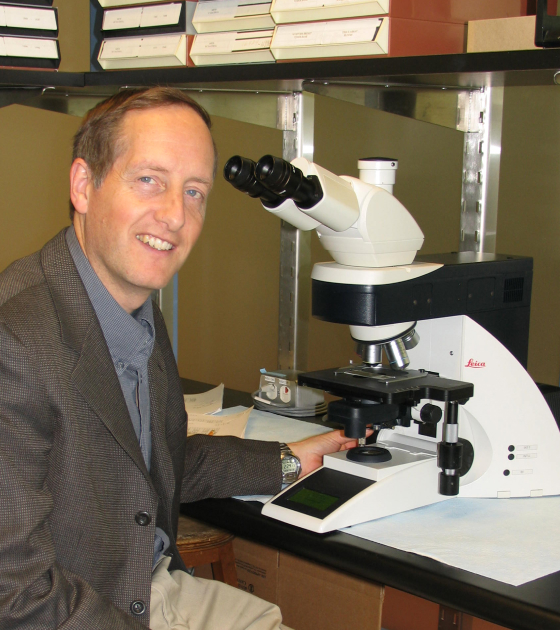


The Research Institute in Oncology and Hematology was formed to strengthen collaboration between research disciplines
The Research Institute in Oncology and Hematology (RIOH) was formed to advance and consolidate all areas of research and to improve multidisciplinary collaboration. The infrastructure of RIOH facilitated the multidisciplinary approach — the way forward for research advancement. Through this approach, research questions can be investigated more comprehensively with discoveries brought to patient care in a timely fashion.
The RIOH was formed as a joint institute with the University of Manitoba. Dr. Arnold Naimark, Chair of the CCMB Board and President of the University of Manitoba, and Dr. Digvir Jayas, Vice President of Research and International, University of Manitoba, were instrumental in working with CCMB to form the new Research Institute.
Two co-leads were appointed with the establishment of RIOH: Dr. Spencer Gibson as Lead of Cell Biology Research, and Dr. Marshall Pitz as Lead of Clinical Research. Dr. Sri Navaratnam, President and CEO of CancerCare Manitoba, took on the role of Acting Director of Research while recruitment efforts for this role were in process.
With over 50 years of successful and established laboratory research focusing on cell biology for cancer and blood disorders, there was a strong foundation for the new Research Institute in Oncology and Hematology to bring together all research and researchers.

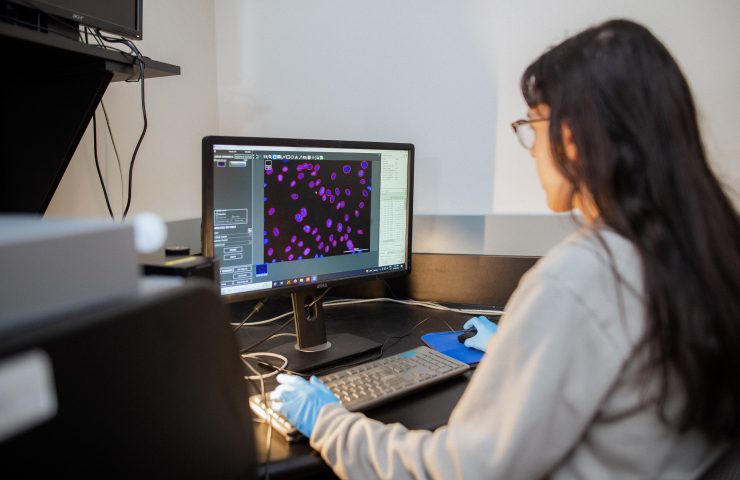

The CancerCare Manitoba Research Institute was created to tie research closer to patient care
The CancerCare Manitoba Research Institute was created as a department of CCMB. Research disciplines at the Institute range from basic science, preclinical and translational research, clinical trials, health services research, healthcare informatics, epidemiology and psychosocial oncology research. Working in multi-disciplinary teams of clinicians, scientists, technicians, research nurses, trainees, and bioinformaticians, the Institute brings together diverse skill sets to translate basic science discoveries into improved patient outcomes.


A $27 million donation enables transformational investments in cancer research infrastructure and technology
In May of 2023, the Paul Albrechtsen Foundation donated $27 million to the Research Institute in support of ongoing research to benefit Manitoba cancer patients. This was the largest philanthropic donation to a healthcare organization in Manitoba’s history. Planned investments include redeveloping 3 floors of laboratory space into state-of-the-art research facilities, and supporting research technologies that will enhance the volume and outcomes of cancer research conducted in the province. In recognition of this gift, the CancerCare Manitoba Research Institute was renamed the Paul Albrechtsen Research Institute CancerCare Manitoba.



